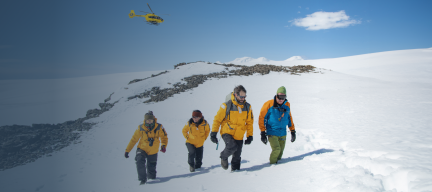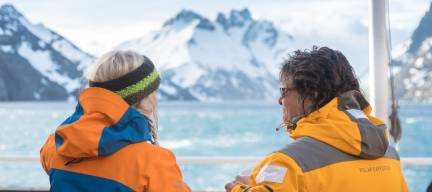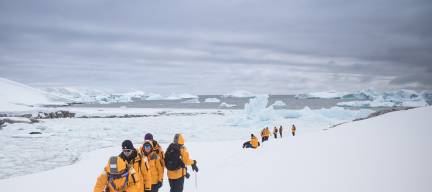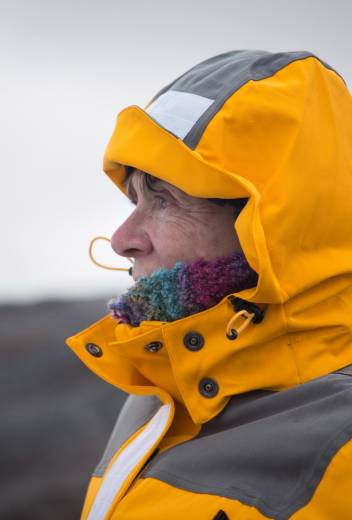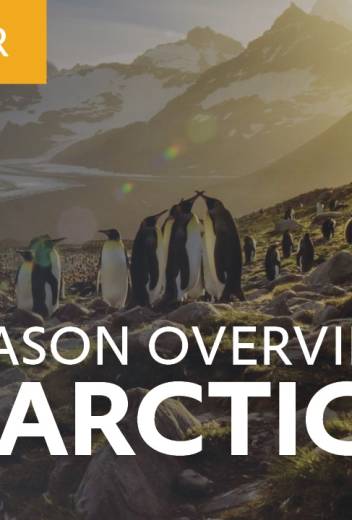Excerpt from article previously published on February 2017 by MaSovaida Morgan for Lonely Planet:
Majestic landscapes, sensational wildlife and a surreal remoteness lure intrepid dreamers to Antarctica, the pristine last frontier of our planet. A destination this extreme may incite an urge to chart the course on your own, but it’s best to call in the experts to guide you on this once-in-a-lifetime journey.
Because of its delicate environment, strict regulations and a lack of tourism infrastructure on the continent’s shores, most travelers visit Antarctica on expedition cruises that circumvent the Antarctic Peninsula and its surrounding islands. Prep for your voyage with the help of a polar travel tour operator – they’ll handle the planning, but suitable packing, physical conditioning and mental readiness is up to you.
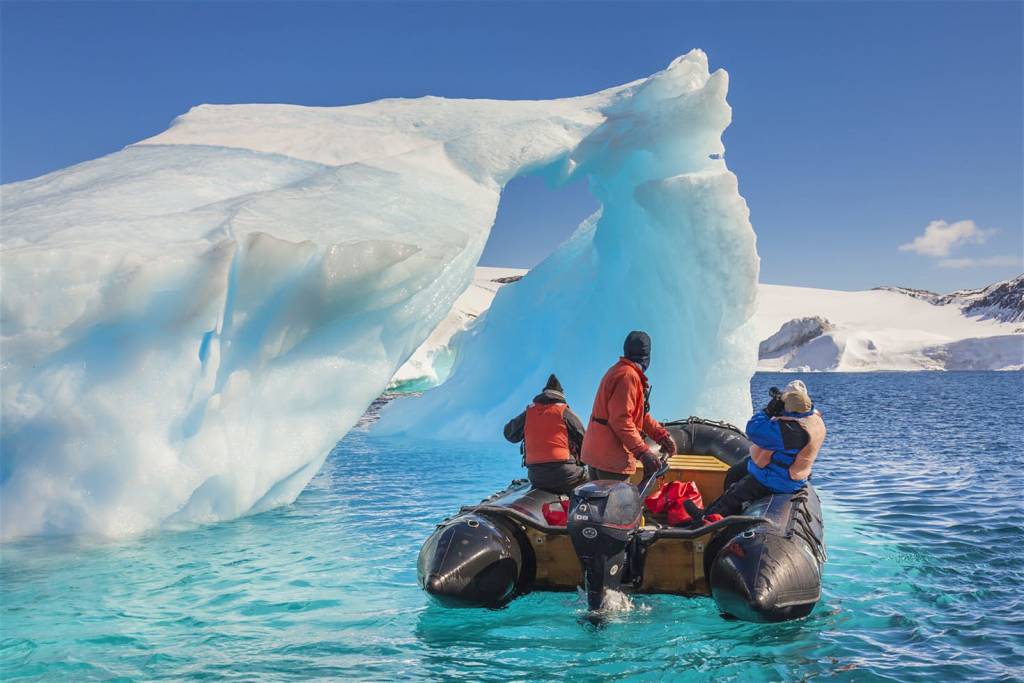
Tourists on a Zodiac exploring the icebergs of the Antarctic Peninsula © Patrick Endres / Getty Images
Lean on an outfitter for the logistics
Antarctic cruises have the benefit of organized pre- and post-voyage transportation and sometimes include additional excursions around Ushuaia, Argentina (where most Antarctica-bound vessels call in to port) plus accommodations, on-board meals and expedition gear included in the price. Pick a reputable, International Association of Antarctic Tour Operators-affiliated (iaato.org) outfitter to ensure a safe and environmentally responsible experience.
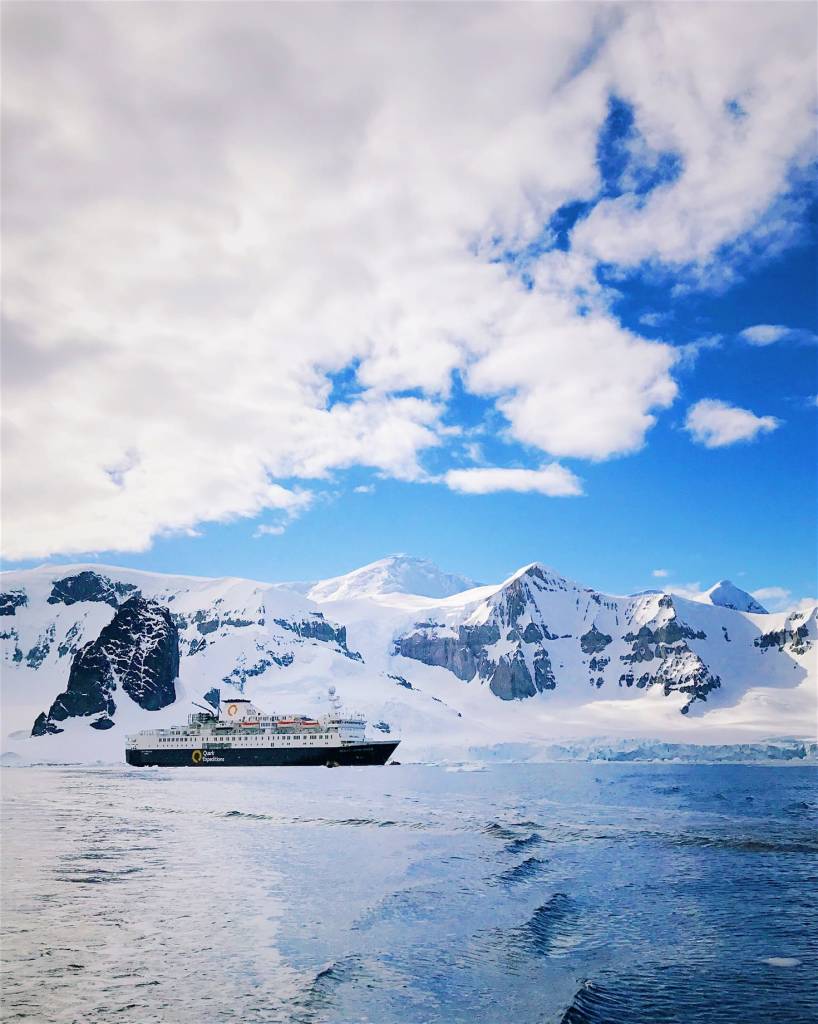
The International Association of Antarctica Tour Operators (IAATO) ensures its 48 operator members facilitate safe and environmentally responsible tours to the continent © MaSovaida Morgan / Lonely Planet
The more you know, before you go
Reading about Antarctica’s history, geography and wildlife will not only provide pre-trip inspiration, but will help you appreciate the journey as you reflect on the tales of those first explorers who charted the very same waters you’ll be sailing. Antarctica showcases wildlife on a magnificent scale, so learning about the life-cycle and food chain of the continent’s species will provide insight on the mesmerizing and sometimes curious behavior you’ll bear witness to.
If you don’t get a chance to read up before you go, most ships have reference libraries and offer lectures by on-board scientists. You may find yourself sitting next to one of them in the dining hall – pick their brains and you’re guaranteed top-notch dinner conversation.
At the very least, brush up on ice – it’s good to know the difference between a glacier and a ‘berg (the former chills on land while the latter floats out to sea).
Get the right gear
Many outfitters supply essentials like parkas, boots and waterproof trousers. These items are likely to commandeer most of your luggage space, so check with your operator to find out if these will be provided or if you must bring your own. Consult any packing list they supply, which should include items like hats, scarves and gloves (it’s wise to pack a back-up of each), wool socks and base layers.

